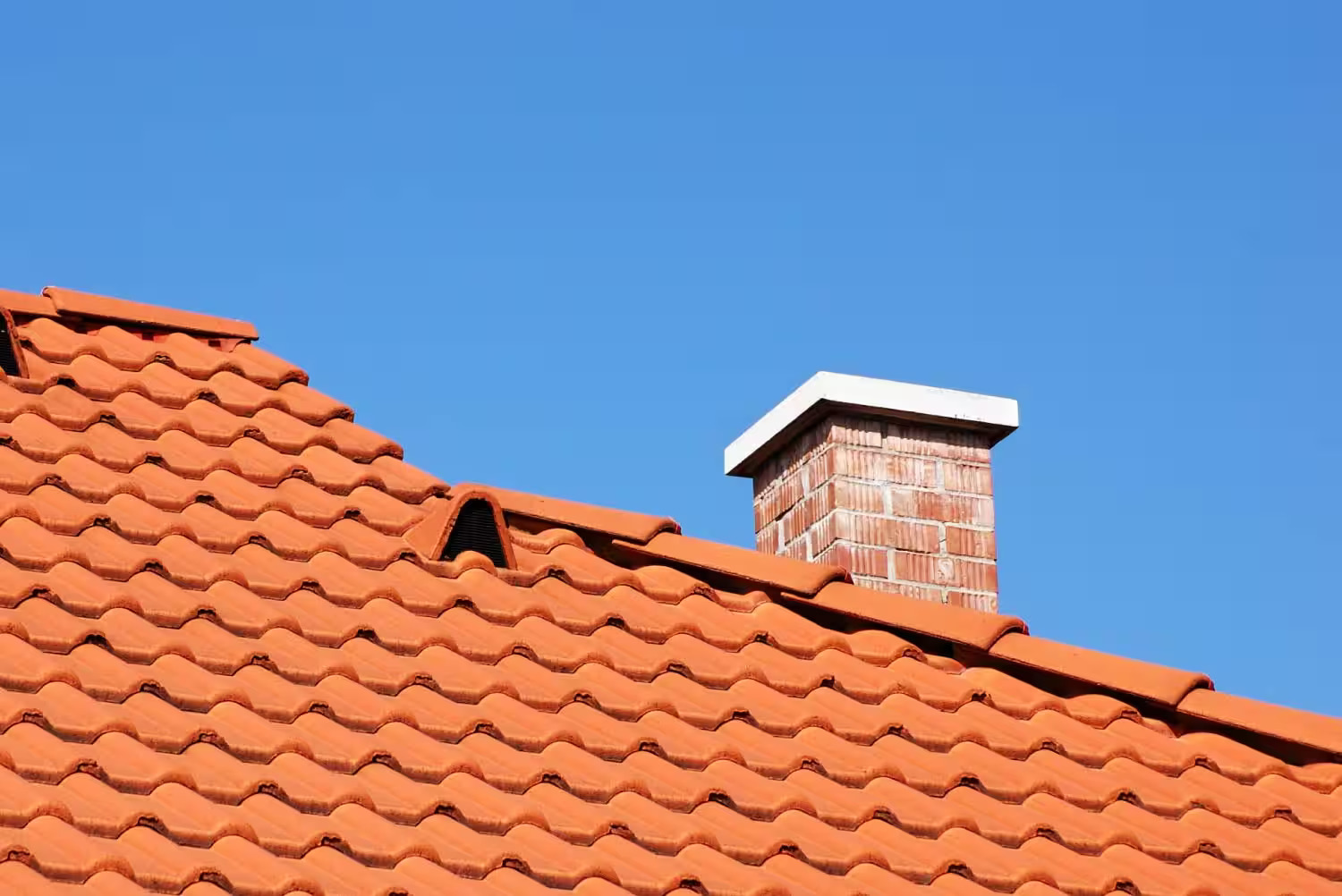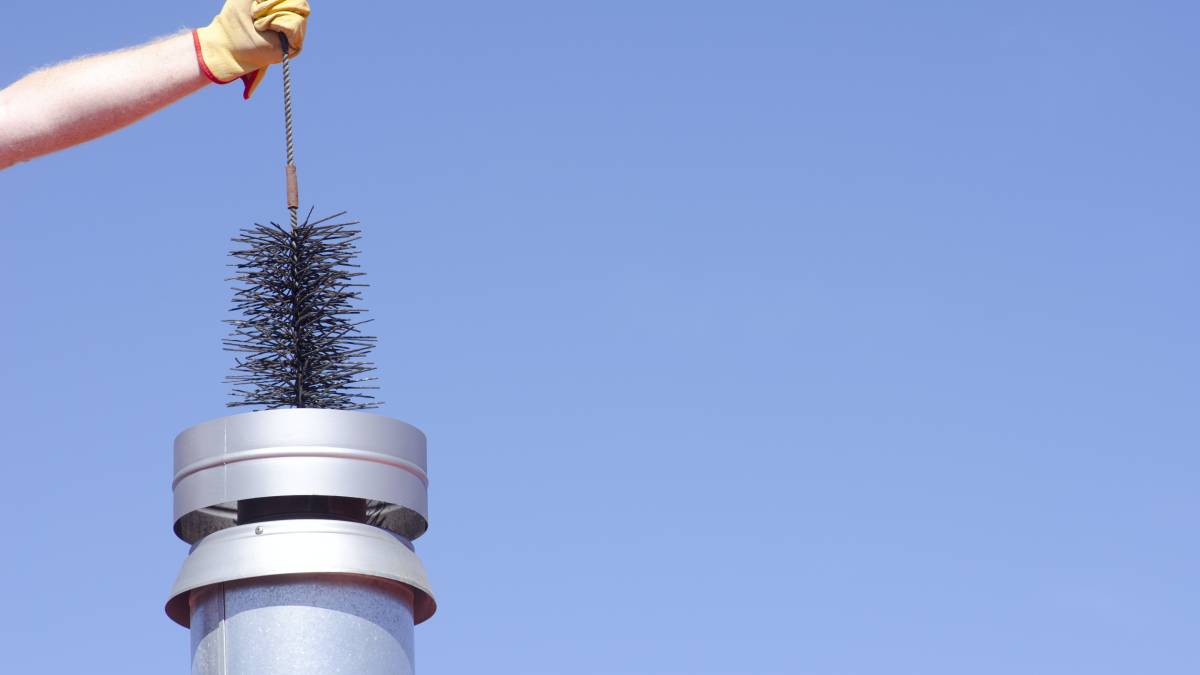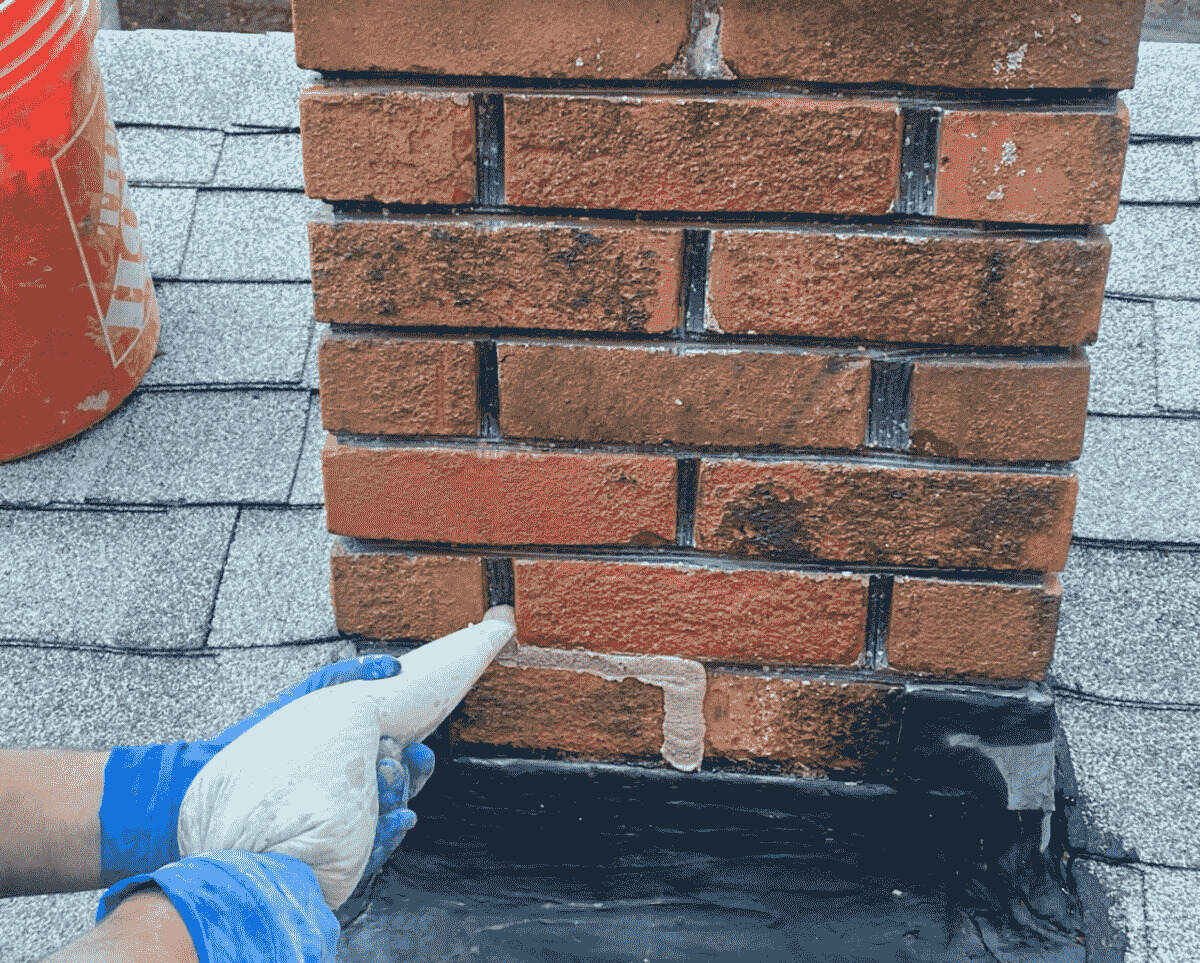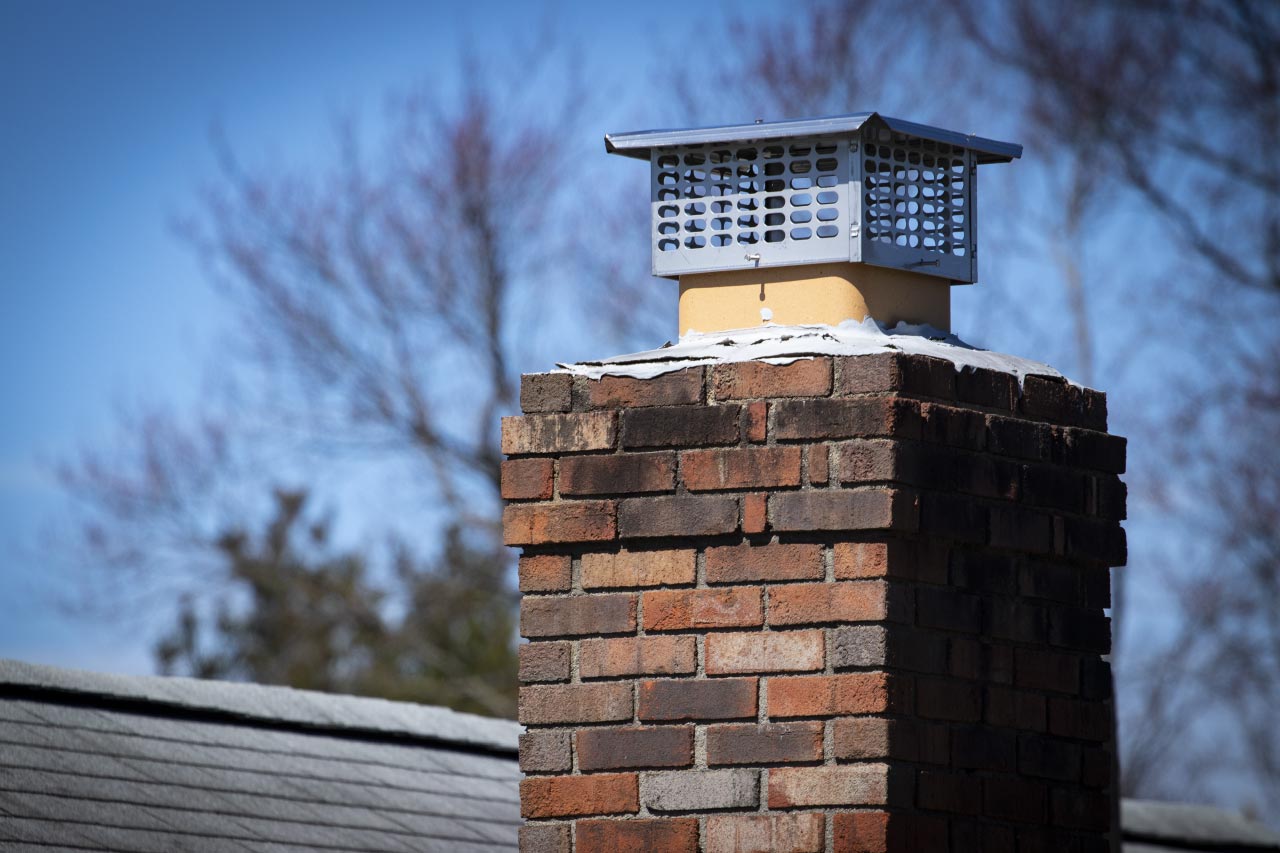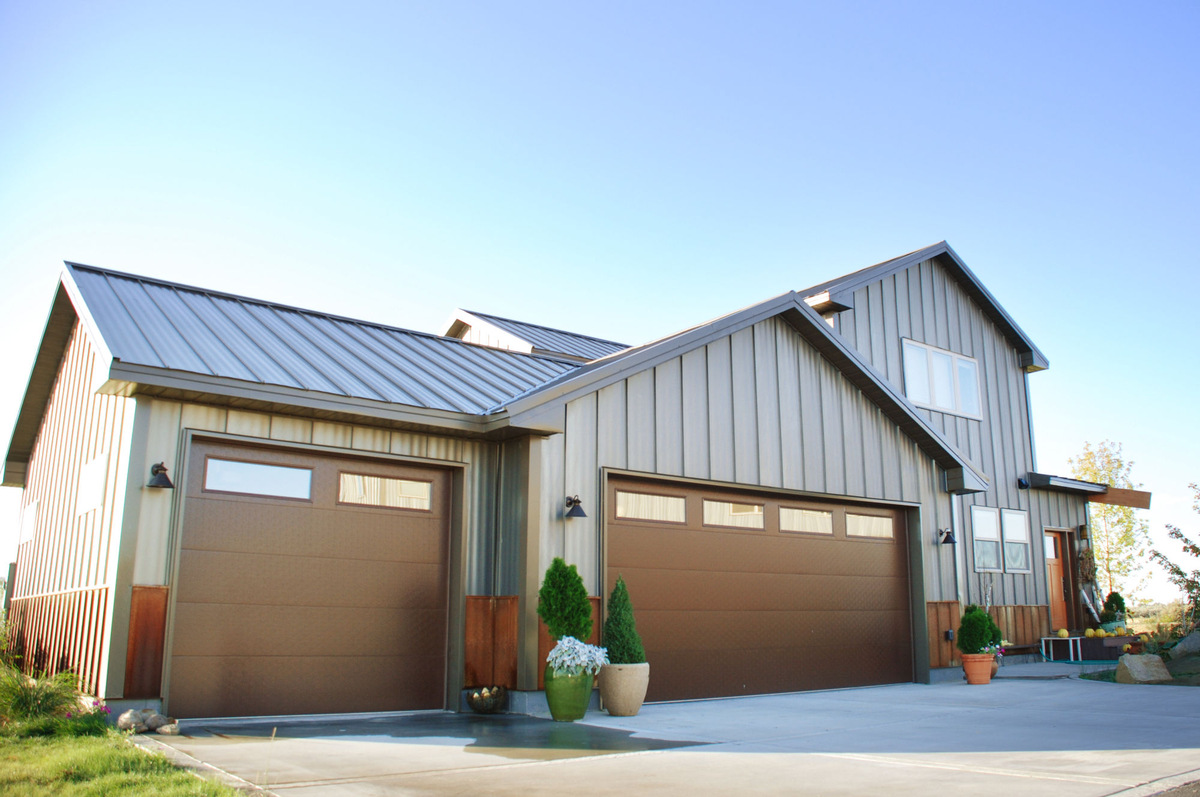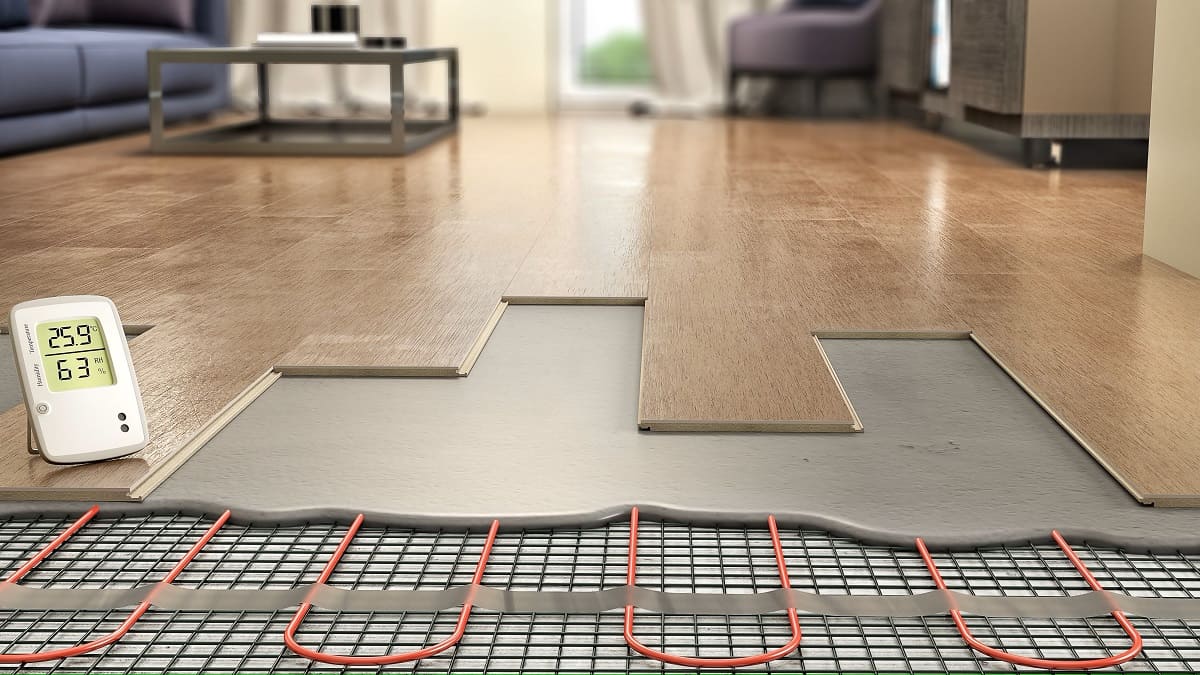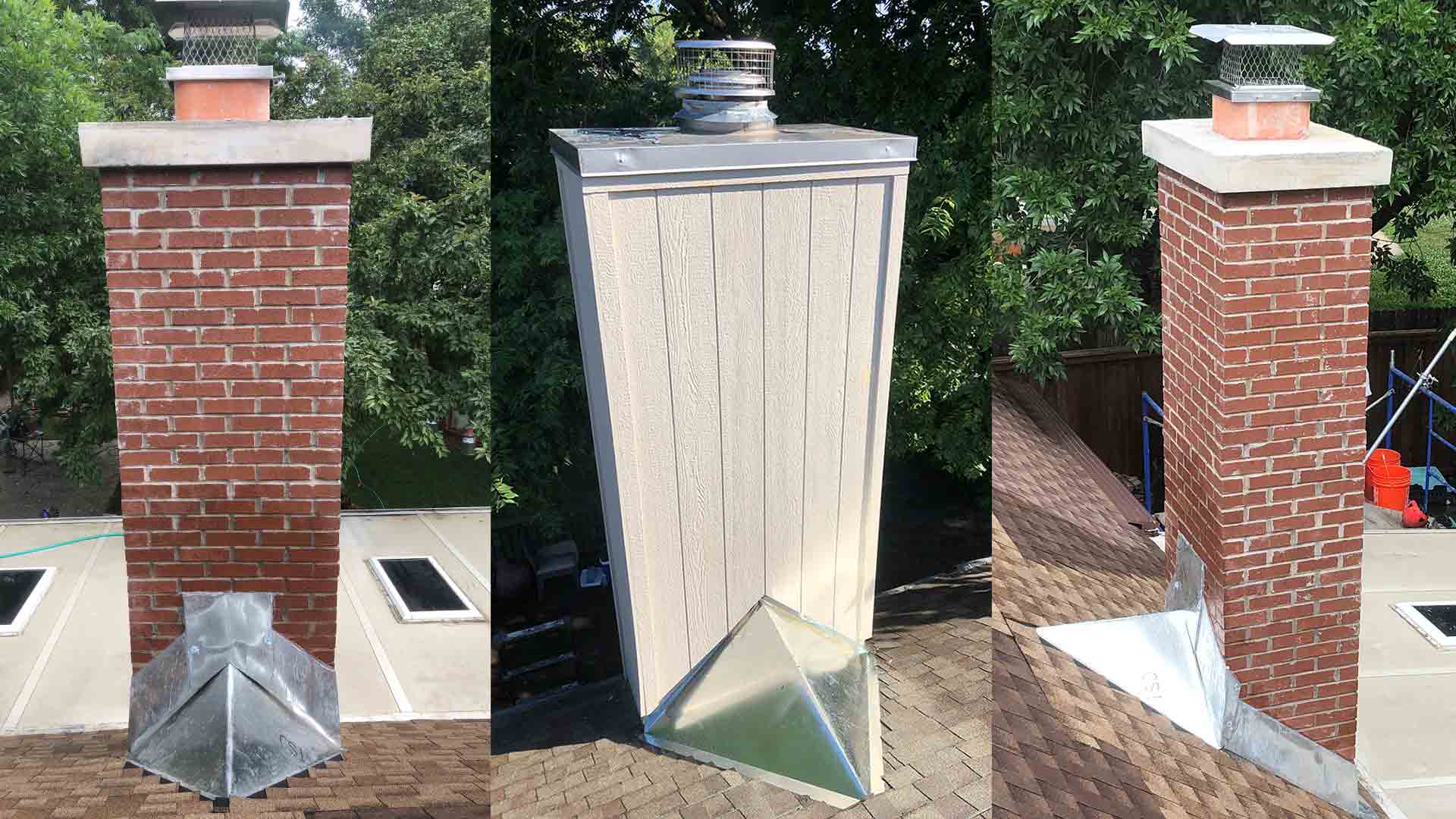Home>Home Maintenance>How Much Does Small Engine Repair Cost
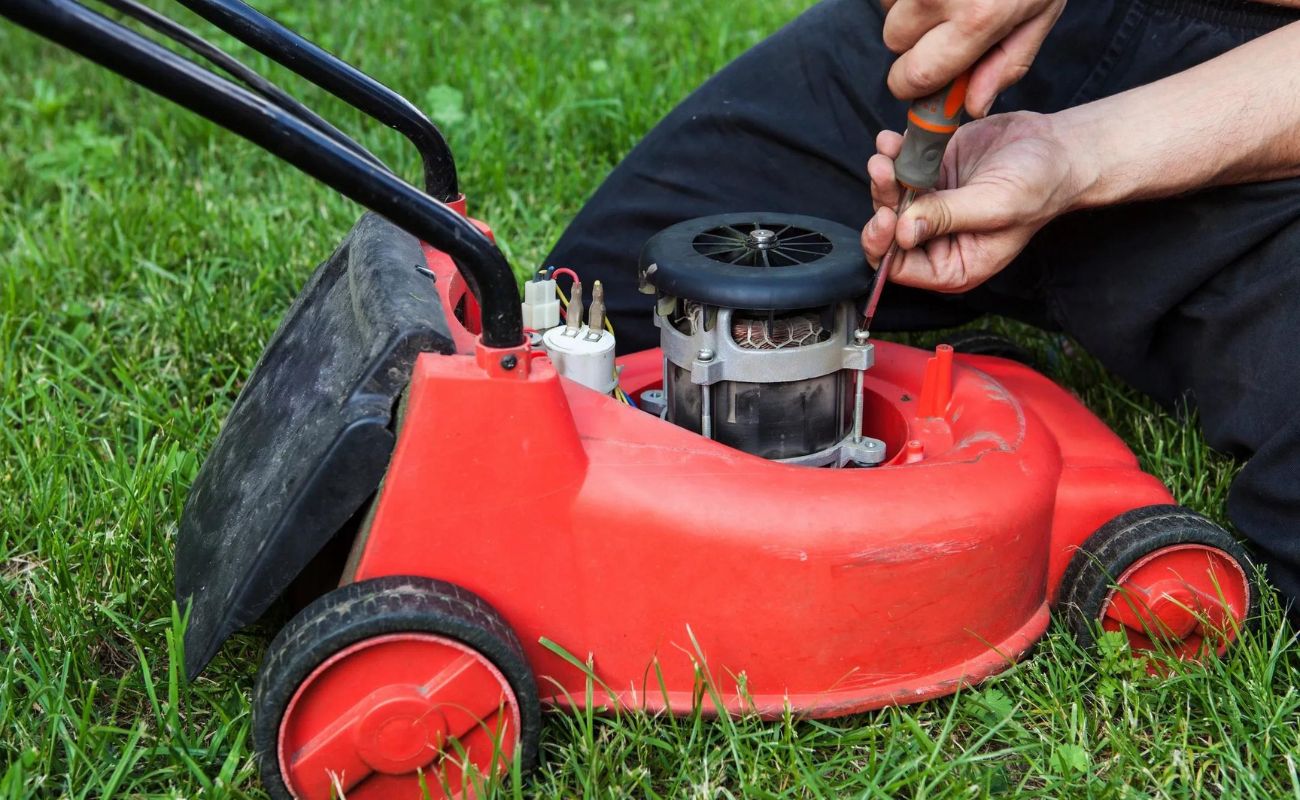

Home Maintenance
How Much Does Small Engine Repair Cost
Modified: August 27, 2024
Find out the average cost of small engine repair for home maintenance. Get estimates from local experts and save on your repair expenses.
(Many of the links in this article redirect to a specific reviewed product. Your purchase of these products through affiliate links helps to generate commission for Storables.com, at no extra cost. Learn more)
Introduction
Welcome to the world of small engine repair! Whether you’re a homeowner with a lawnmower, a DIY enthusiast with a chainsaw, or a small business owner with a generator, it’s important to know the cost of repairing these essential tools. Small engine repair costs can vary depending on a range of factors, including the type of engine, the extent of the damage, and the complexity of the repair. In this article, we’ll explore the factors that can affect small engine repair costs, common repairs and their associated costs, the average cost of small engine repair services, and some tips to save money on these repairs.
When it comes to small engine repairs, there are several key factors that can impact the overall cost. Firstly, the type of engine plays a crucial role in determining the repair expenses. Small engines can be found in various equipment, such as lawnmowers, chainsaws, leaf blowers, and snow blowers. Each type of engine has its own specific components and intricacies, which can affect the time and expertise required for repairs.
Another factor to consider is the extent of the damage. Minor repairs like replacing a spark plug or cleaning the carburetor may cost less compared to major repairs, such as an engine rebuild or replacing a damaged piston. The more extensive the damage, the more parts and labor will be required, resulting in higher repair costs.
The complexity of the repair is also an influential factor. While some repairs are simple and can be done by a DIY enthusiast, others require specialized tools, technical knowledge, and experience. Complex repairs, such as fixing electrical issues or rebuilding the engine, may require professional assistance, which can add to the cost of the repair.
Now, let’s take a look at some of the common small engine repairs and their associated costs. Keep in mind that these costs can vary depending on the factors mentioned above, as well as the location and the service provider. However, having a general understanding of these costs can help you budget for potential repairs in the future.
Key Takeaways:
- Small engine repair costs vary based on factors like type of engine, extent of damage, and complexity of repair. Understanding these factors can help you budget and plan for maintenance expenses.
- To save money on small engine repairs, perform regular maintenance, learn basic DIY skills, shop for parts, get multiple repair quotes, and follow manufacturer’s recommendations. These tips can help minimize repair expenses and keep equipment in good condition.
Factors Affecting Small Engine Repair Costs
Several factors come into play when determining the cost of small engine repairs. Understanding these factors can help you anticipate and budget for potential expenses. Below are some key factors that can influence small engine repair costs:
- Type of Engine: The type of engine in your equipment will impact the repair costs. Different engines have varying complexities and require specific parts and expertise. For example, a lawnmower engine may have different components and repair requirements compared to a chainsaw engine. Make sure to provide accurate information about the engine type when seeking a repair estimate.
- Extent of Damage: The extent of damage to the engine plays a crucial role in determining the repair costs. Minor issues like clogged fuel filters or worn-out spark plugs are relatively inexpensive to fix. However, extensive damage such as a seized engine or a broken crankshaft can significantly increase the repair expenses.
- Parts and Labor Costs: The cost of parts and labor can vary depending on the specific repair. Some parts may be readily available and affordable, while others may be more expensive or harder to find. Labor costs can also differ from one repair shop to another, so it’s worth comparing prices and asking for estimates before proceeding with the repair.
- Complexity of the Repair: The complexity of the repair can impact the overall cost. Simple repairs like replacing a spark plug or cleaning a carburetor are generally less expensive than more complex tasks like diagnosing and fixing electrical issues or rebuilding the engine. Complex repairs often require specialized skills and more time, which can increase the cost.
- Age and Condition of the Equipment: The age and condition of the equipment can also affect the repair costs. Older equipment may require more extensive repairs due to wear and tear, while newer equipment might have parts that are easier to find and less expensive to replace.
- Location and Service Provider: Repair costs can vary depending on your location and the service provider you choose. The cost of living and availability of repair shops in your area can influence the pricing. It’s a good idea to research and compare prices from different providers to ensure you’re getting the best value for your money.
By considering these factors, you can have a better understanding of what contributes to small engine repair costs. It’s important to communicate clearly with the repair shop and ask for estimates before proceeding with any repairs. This way, you can make informed decisions and plan your budget accordingly.
Common Small Engine Repairs and Their Costs
Small engines, like those found in lawnmowers, chainsaws, and other equipment, can require various repairs over time. Understanding the common repairs and their associated costs can help you budget and prepare for these maintenance expenses. Here are some of the most common small engine repairs and their approximate costs:
- Spark Plug Replacement: A faulty spark plug can cause poor engine performance or prevent the engine from starting. Replacing a spark plug is a simple repair that typically costs between $5 and $20, depending on the type of engine and the quality of the spark plug.
- Carburetor Cleaning/Rebuild: Over time, carburetors can become clogged with debris or get damaged. Cleaning the carburetor involves removing and cleaning the internal components, while a rebuild requires replacing worn-out parts. Carburetor cleaning generally costs around $50 to $100, while a rebuild can range from $100 to $250.
- Fuel System Cleaning: If the engine is experiencing fuel-related issues, a fuel system cleaning may be necessary. This involves using cleaning agents to remove deposits and improve fuel flow. Fuel system cleaning typically costs between $50 and $100, depending on the extent of the cleaning required.
- Air Filter Replacement: A dirty or clogged air filter can restrict airflow and affect engine performance. Replacing the air filter is a relatively simple repair that typically costs between $5 and $20, depending on the type and quality of the filter.
- Muffler Replacement: A damaged or malfunctioning muffler can result in excessive noise or reduced engine performance. Replacing a muffler can cost anywhere from $50 to $150, depending on the type of engine and the specific muffler required.
- Battery Replacement: If your equipment has an electric start or a battery-powered ignition system, a battery replacement may be needed over time. The cost of a new battery can range from $30 to $100, depending on the type and capacity required.
- Engine Rebuild: In some cases, when major internal engine components are damaged, an engine rebuild may be necessary. This involves disassembling the engine, replacing worn or damaged parts, and reassembling it. Engine rebuilds can be quite expensive, ranging from $300 to $1000 or more, depending on the size and complexity of the engine.
It’s important to note that these costs are approximate and can vary depending on factors such as the type of engine, the complexity of the repair, and the service provider. Additionally, labor costs may be added on top of the parts costs for certain repairs. Obtaining multiple quotes and comparing prices from different repair shops can help you find the best deal for your specific repair needs.
When budgeting for small engine repair, consider the type of repair needed, the cost of parts, and the labor rates of the repair shop. Get multiple quotes to compare prices and choose a reputable repair shop for the best value.
Average Cost of Small Engine Repair Services
The average cost of small engine repair services can vary depending on several factors, including the type of engine, the specific repair needed, and the location. While it’s difficult to provide an exact cost for every repair, we can provide you with a general idea of what to expect. Keep in mind that these are average costs and can vary based on the factors mentioned above:
- Lawnmower Repair: On average, lawnmower repairs can cost between $50 and $150. This includes common repairs like spark plug replacement, carburetor cleaning, and blade sharpening. More extensive repairs, such as engine rebuilds or transmission repairs, can cost upwards of $200 or more.
- Chainsaw Repair: Chainsaw repairs typically range from $50 to $150, depending on the specific issue. Common repairs include carburetor cleaning, chain replacement, and spark plug replacement. Major repairs, such as fixing the engine or replacing the bar and chain, can cost over $200.
- Snow Blower Repair: Snow blower repairs can range from $50 to $200, depending on the complexity of the repair. Common repairs include spark plug replacement, carburetor cleaning, and drive system repairs. More extensive repairs, like fixing the auger or replacing the engine, can cost upwards of $300 or more.
- Generator Repair: Generator repairs can range from $100 to $500 or more, depending on the issue. Common repairs include spark plug replacement, carburetor cleaning, and battery replacement. More complex repairs like fixing electrical issues or replacing the alternator can cost over $500.
- Pressure Washer Repair: Pressure washer repairs typically range from $50 to $200, depending on the specific repair needed. Common repairs include spark plug replacement, carburetor cleaning, and pump repairs. More extensive repairs, like fixing leaks or replacing the engine, can cost over $200.
Remember, these are average costs and can vary depending on the location and the service provider. It’s always a good idea to get multiple quotes and compare prices before choosing a repair shop. Additionally, labor costs may be added to the repair expenses, so make sure to ask about any additional charges upfront.
By having an understanding of the average small engine repair costs, you can budget accordingly and make informed decisions when it comes to maintaining and repairing your equipment. Regular maintenance and addressing issues promptly can help prolong the life of your small engine and minimize repair costs in the long run.
Tips to Save Money on Small Engine Repairs
Small engine repairs can sometimes be costly, but there are ways to save money and minimize your expenses. Here are some helpful tips to help you keep your small engine repair costs in check:
- Perform Regular Maintenance: One of the best ways to avoid costly repairs is to perform regular maintenance on your equipment. This includes cleaning or replacing air filters, checking and changing oil regularly, inspecting spark plugs, and keeping blades or chains sharp. By maintaining your equipment properly, you can prevent issues from arising in the first place.
- Learn Basic DIY Repair Skills: While complex repairs may require professional assistance, learning some basic DIY repair skills can save you money on simple repairs. There are many online tutorials, videos, and resources available to help you learn how to perform common repairs. Just make sure to assess your skills and knowledge and know when it’s best to seek professional help.
- Shop for Parts: If you’re comfortable with performing your own repairs, consider shopping around for parts. Compare prices from different suppliers, both online and offline, to find the best deals. Keep in mind that quality is important, so make sure to purchase reliable and durable parts.
- Get Multiple Repair Quotes: If you need to seek professional repair services, don’t hesitate to get multiple quotes from different repair shops. Prices can vary significantly, so it’s worth taking the time to compare. However, be cautious of extremely low prices as they could indicate lower quality work or the use of subpar parts.
- Consider Certified Repair Technicians: Look for repair shops or technicians that are certified to work on your specific type of equipment. Certified technicians often have the knowledge and experience to diagnose and repair issues accurately, which can prevent unnecessary repairs or incorrect fixes that could lead to further damage.
- Follow the Manufacturer’s Recommendations: Take the time to read and follow the manufacturer’s recommendations for maintenance, operation, and storage of your equipment. This can help prevent premature wear and damage, reducing the likelihood of costly repairs.
- Keep a Well-Organized Service Record: Maintain a record of all repairs, maintenance, and services performed on your small engine equipment. This record can help you keep track of what has been done, when it was done, and any warranty information. It can also provide valuable information to repair technicians if future repairs or maintenance is required, potentially saving diagnostic time and costs.
By following these tips, you can save money on small engine repairs and keep your equipment running smoothly. Remember, prevention is key, so prioritize regular maintenance and address issues promptly before they escalate into more costly repairs. And when in doubt, don’t hesitate to consult with professionals who have the expertise and experience to handle more complex repairs.
Read more: How Much Does Chimney Inspection Cost
Conclusion
Small engine repairs are a necessary part of owning and maintaining equipment such as lawnmowers, chainsaws, generators, and more. Understanding the factors that contribute to repair costs, common repairs and their associated expenses, and tips to save money can help you be prepared and make informed decisions.
Factors such as the type of engine, the extent of damage, and the complexity of the repair can all influence repair costs. By having a clear understanding of these factors, you can better anticipate the expenses you may incur for small engine repairs.
Common small engine repairs such as spark plug replacement, carburetor cleaning, and air filter replacement have average costs ranging from $5 to $200, depending on the specific repair and equipment type. Understanding these costs can help you budget and plan for small engine maintenance.
To save money on small engine repairs, it is recommended to perform regular maintenance, learn basic DIY repair skills, shop for parts, get multiple repair quotes, consider certified repair technicians, and follow the manufacturer’s recommendations. These tips can help you minimize repair expenses and keep your equipment in good working condition.
In conclusion, small engine repairs are a necessary investment to keep your equipment running smoothly. By understanding the factors influencing repair costs, being aware of common repairs and their costs, and implementing money-saving tips, you can effectively manage and budget for small engine repairs, ensuring the longevity and reliability of your equipment for years to come.
Frequently Asked Questions about How Much Does Small Engine Repair Cost
Was this page helpful?
At Storables.com, we guarantee accurate and reliable information. Our content, validated by Expert Board Contributors, is crafted following stringent Editorial Policies. We're committed to providing you with well-researched, expert-backed insights for all your informational needs.
